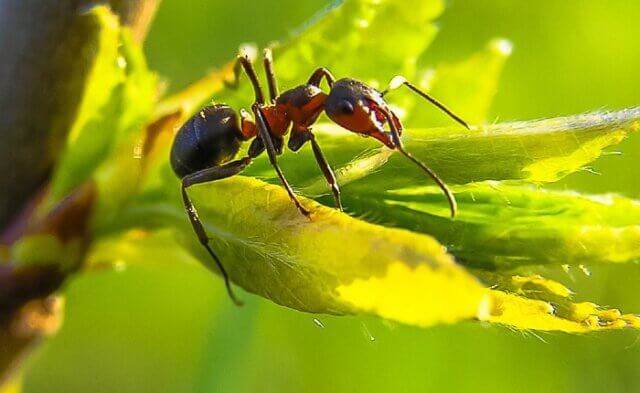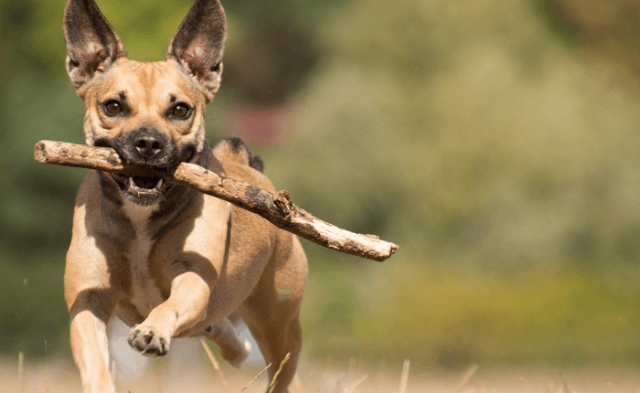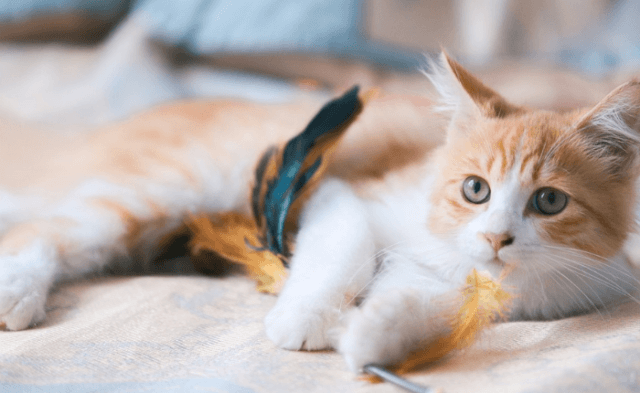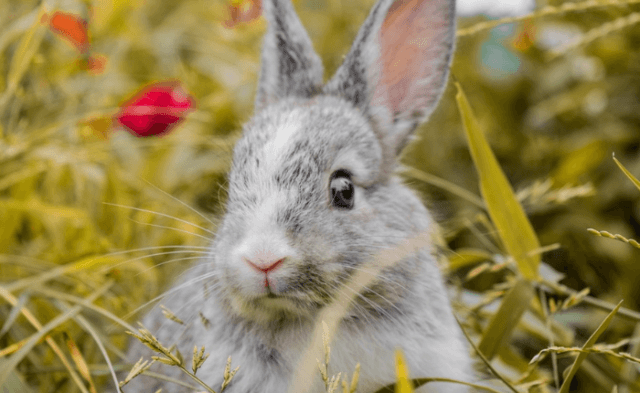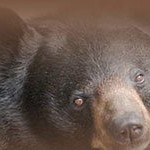 Bears are among the most fun-loving animals on the planet. Few animals play more than bear cubs do. And they can’t resist the lure of a springy sapling. They climb up, ride the tops down, get off, and climb back up again. They walk the bent-over trees like tightropes and play “king of the mountain” on them with their mother and siblings.
Bears are among the most fun-loving animals on the planet. Few animals play more than bear cubs do. And they can’t resist the lure of a springy sapling. They climb up, ride the tops down, get off, and climb back up again. They walk the bent-over trees like tightropes and play “king of the mountain” on them with their mother and siblings.
A mother bear’s love for her cubs is legendary. It’s so universally recognized that when people encounter a situation in which children are in danger, it’s often said that it “brought out the ‘mama bear’” in them, describing their strongly protective feelings.
The bears of a region are usually familiar with one another, and meetings consist of complex social exchanges. They often form alliances and friendships, and some adult bears have even been known to mentor younger, unrelated ones.
Bears also possess a huge vocabulary of growls, huffs, and other vocalizations with which they express themselves as well as an excellent long-term memory and an ability to navigate that’s superior to humans’. One wildlife photographer documented a bear as the animal placed a log across a creek like a bridge—an example of an ability to use tools that indicates a high level of intelligence.
How do PETA members help bears? Let us count the ways!
The Suarez Brothers Circus toured Mexico, the Caribbean, and Central and South America with—believe it or not—performing polar bears. These poor bears were sweltering in the tropical heat, were thin as rails, and were beaten regularly. We helped get all of them confiscated by the U.S. government and placed in U.S. zoos—not a perfect solution but definitely better than the circus.
A zookeeper in Baltimore, where one of the bears was placed, told us that on the first snow of the season, this dear bear—who had probably never seen snow before in her life—dived onto the ground and slid on her stomach through the snow in an expression of happiness.
As a result of pressure from PETA, the U.S. government pulled the last license in the country for bear wrestling.
A PETA undercover investigation helped highlight the suffering that goes into the bearskin hats worn by The Queen’s Guards at Buckingham Palace. At least one bear is killed for each hat made. We documented “bait and shoot” hunters as they lured Canadian black bears to barrels of food and then shot them. The footage showed a hunter shooting a mother bear, leaving her cub with little chance of surviving on his own. Bears who escape wounded die slowly and painfully.
After viewing PETA’s investigative footage, the U.K. Ministry of Defence (MOD) agreed to consider finding a synthetic replacement for bearskin, and more than 200 Members of Parliament have joined PETA U.K.’s campaign to urge the MOD to switch to faux fur for The Queen’s Guards’ hats. PETA Australia and our other international affiliates help keep the pressure up whenever members of the Royal family make public appearances abroad by sending our bear mascots to greet them with a sign that reads, “Bearskins Are for Bears, Not Guards!”
Thanks in part to PETA’s efforts, 11 bears who had been languishing for years in desolate concrete pits were rescued. Following PETA’s undercover investigation, Chief Saunooke Bear Park—a shoddy roadside zoo in North Carolina—permanently closed, and the bears now have grass beneath their feet and trees to climb in a beautiful sanctuary.
Another group of bears—17 in all, including two pregnant mothers—were relocated from virtually barren concrete pits at a roadside zoo in Georgia called Black Forest Bear Park to acres of natural habitat at a sanctuary in Colorado, where they finally have the freedom to explore, roam, and nest. Best of all, the Black Forest Bear Park is now closed for good!
The move was a result of a collaborative effort among PETA, The Simpsons cocreator Sam Simon, and the Atlanta Humane Society.
What You Can Do
Now that Chief Saunooke Bear Park and Black Forest Bear Park are closed, only a handful of “bear pit” facilities still exist in the U.S. PETA’s goal is to get all of them shut down. Please help us move closer to accomplishing this by contacting Barry and Collette Coggins—the owners of North Carolina’s Cherokee Bear Zoo—at 828-497-4525 or at the following address:
Cherokee Bear Zoo & Exotic Animals
1204 Tsalagi Rd.
Cherokee, NC 28719
Politely urge them to close the bear exhibits immediately and agree to retire the animals to a reputable sanctuary where they can roam vast acreage, forage for their own food, and act on their natural instincts. Thank you for speaking out for these deserving animals. Your voice makes a difference!
This article was originally published in PETA’s Augustus Club newsletter. PETA’s Augustus Club is a complimentary club honoring those who are leaving a legacy for animals through a planned gift to PETA. If you have made a planned gift to PETA, please let us know so that we can thank you! If you have not yet left a legacy for animals but would like information on how to do so, please contact us.


